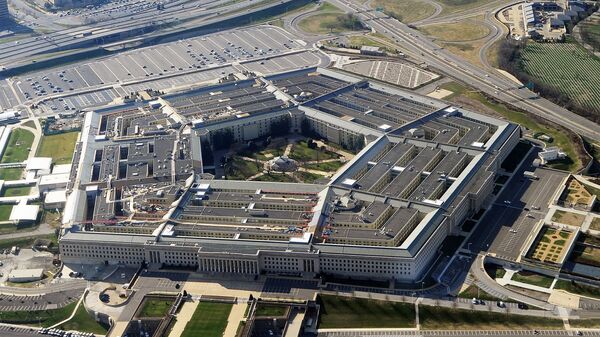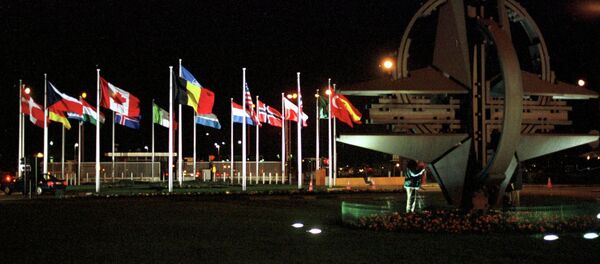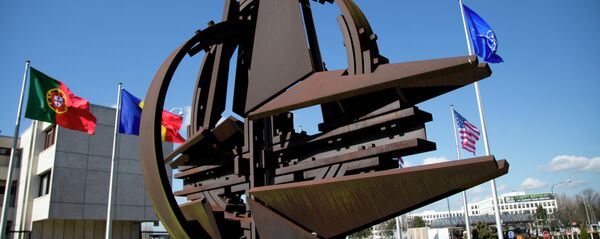Davis contrasts the contents of the US's 2015 National Security Strategy (NSS), with the reality of US military interventions since 2001.
According to the NSS, "America must lead," and describes this as an "undeniable truth."
"Strong and sustained American leadership is essential to a rules-based international order that promotes global security and prosperity as well as the dignity and human rights of all peoples," wrote Barack Obama in the foreword to the strategy, published in February.
However, writes Davis, "the record unambiguously and painfully shows that our actions contribute mightily to the deteriorating economic and security situation."
On September 10, the day before the 9/11 terror attacks, al Qaeda was small in numbers, and posed a limited threat to the US and the rest of the world, Davis points out.
"Now, large parts of Iraq are beyond the control of the dysfunctional government in Baghdad, and the country is a veritable breeding ground for regional and global terror threats, not to mention being highly influenced by Iran," says the analyst, who is also a former lieutenant colonel in the US Army.
"In other areas of the world, the preponderance of evidence indicates that targeted drone attacks have created far more enemies to America than ever were taken out."
The root of foreign policy failure is the "near-sole focus on using military means to solve almost every foreign problem," rather than an option of last resort, writes Davis.
Since 9/11, the US has followed this policy with disastrous results, thanks to the influence of a group of so-called foreign policy experts and leaders who believe that using military power is necessary to solve every problem.
"Reinforcing failed policies can no longer be tolerated."
"What is needed are men and women who are able and willing to soberly recognize when existing tactics or policies do not succeed," to replace them at the top, says the expert.




